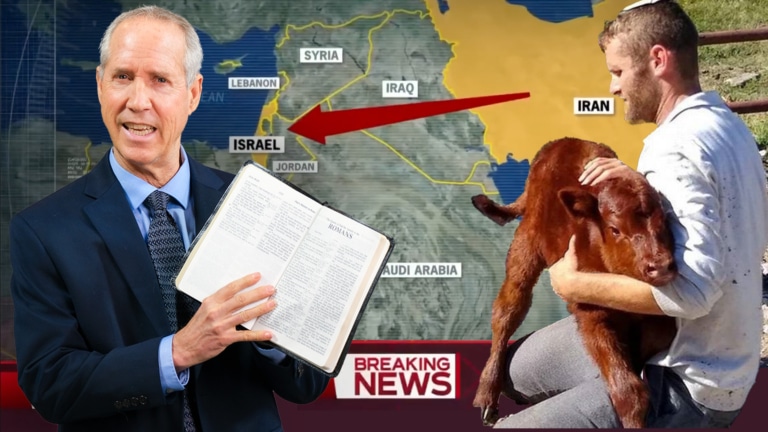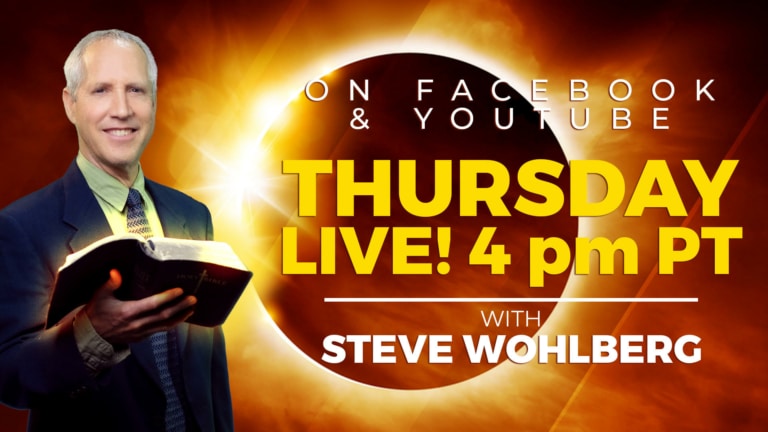“Almighty God hath created the mind free; all attempts to influence it by temporal punishments of burdens, or by civil incapacitations, tend only to beget habits of hypocrisy and meanness, and are a departure from the plan of the holy author of our religion, who being Lord both of body and mind, yet chose not to propagate it by coercions on either, as was in His almighty power to do.” Thomas Jefferson, The Virginia Act for Establishing Religious Freedom, 1785.
“Every man, conducting himself as a good citizen, and being accountable to God alone for his religious opinions, ought to be protected in worshiping the Deity according to the dictates of his own conscience.” George Washington, Letter, United Baptist Chamber of Virginia, May 1789.
“Our reliance is in the love of liberty which God has planted in us. Our defense is in the spirit which prizes liberty as the heritage of all men, in all lands everywhere. Destroy this spirit and you have planted the seeds of despotism at your own doors. Familiarize yourself with the chains of bondage, and you prepare your own limbs to wear them. Accustomed to trample on the rights of others, you have lost the genius of your own independence and become the fit subjects of the first cunning tyrant who rises among you.” Abraham Lincoln, Speech at Edwardsville, IL, 1858.
“The absurd and erroneous doctrines or ravings in defense of liberty of conscience are a most pestilential error–a pest, of all others, most to be dreaded in a state.” Pope Pius IX, Encyclical Letter of August 15, 1854.
“We maintain that the Church of Rome is intolerant, that is, she uses every means in her power to root out heresy; but her intolerance is the result of her infallibility. She alone has the right to be intolerant because she alone has the truth. The Church tolerates heretics where she is obliged to do so, but she hates them with a deadly hatred, and uses all her power to annihilate them. If ever Roman Catholics in this land should become a considerable majority–which in time will surely be the case–then would religious freedom in the Republic of the United States come to an end. Our enemies know how the Roman Church treated heretics in the Middle Ages and how she treats them today wherever she has the power. We no more think of denying these historical facts than we do of blaming the Holy God and the princes of the Church for what they have thought is good to do.” Bishop Ryan (later Archbishop of Philadelphia), in the “Shepherd of the Valley,” Catholic paper of St. Louis–quoted in Church Guardian, Montreal, October 28, 1885.
Esteemed Catholic theologian, Thomas Aquinas, taught that heretics must be delivered to “the secular tribunal to be exterminated.” Otherwise, they would corrupt the faith of others. “Eternal salvation takes precedence over temporal good, and . . . the good of the many is to be preferred to the good of one.” Aquinas, Summa Theologica, volume 9, 154-155.
“The [Roman Catholic] Church has the right, in virtue of her divine commission, to require of every one to accept her doctrine. Whoever obstinately refuses, or obstinately insists upon the election out of it of what is pleasing to himself is against her. But were the Church to tolerate such an opponent, she must tolerate another. If she tolerate one sect, she must tolerate another sect, and thereby give herself up.” Cardinal Manning, Essays on Religion and Literature, 403.
“Popes [during the Dark Ages] made no bones about it: any prince who did not burn heretics as charged by the Inquisition would be excommunicated himself and go before the same tribunal for heresy. Far from being guiltless, the inquisitors were still guiltier by implicating the civil power in their crimes.” Catholic historian Peter De Rosa, Vicars of Christ: The Dark Side of the Papacy, p. 177 (1988).
“[Pope] John Paul replies that true freedom must be united with moral truth, truth as reflected in a natural law that is evident to everyone and defined by the Bible and church tradition. Otherwise, he says, each individual conscience becomes supreme–he even uses the word infallible. And in the clash of infallibilities, moral confusion reigns. Only absolute morality, argues the Pope, provides the basis for the democratic equality of all citizens, with common rights and duties and without ‘privileges or exceptions.’ In short, only when people hold to the same standards of good and evil can they be free and equal.” TIME, October 4, 1993. [In other words, only when people adhere to Roman Catholic standards of right and wrong “can they be free and equal.” Thus Pope John Paul II affirms papal intolerance. Pope Benedict XVI certainly believes the same thing].
The Holy Bible says,
“Where the Spirit of the Lord is, there is liberty” (2 Corinthians 3:17)






